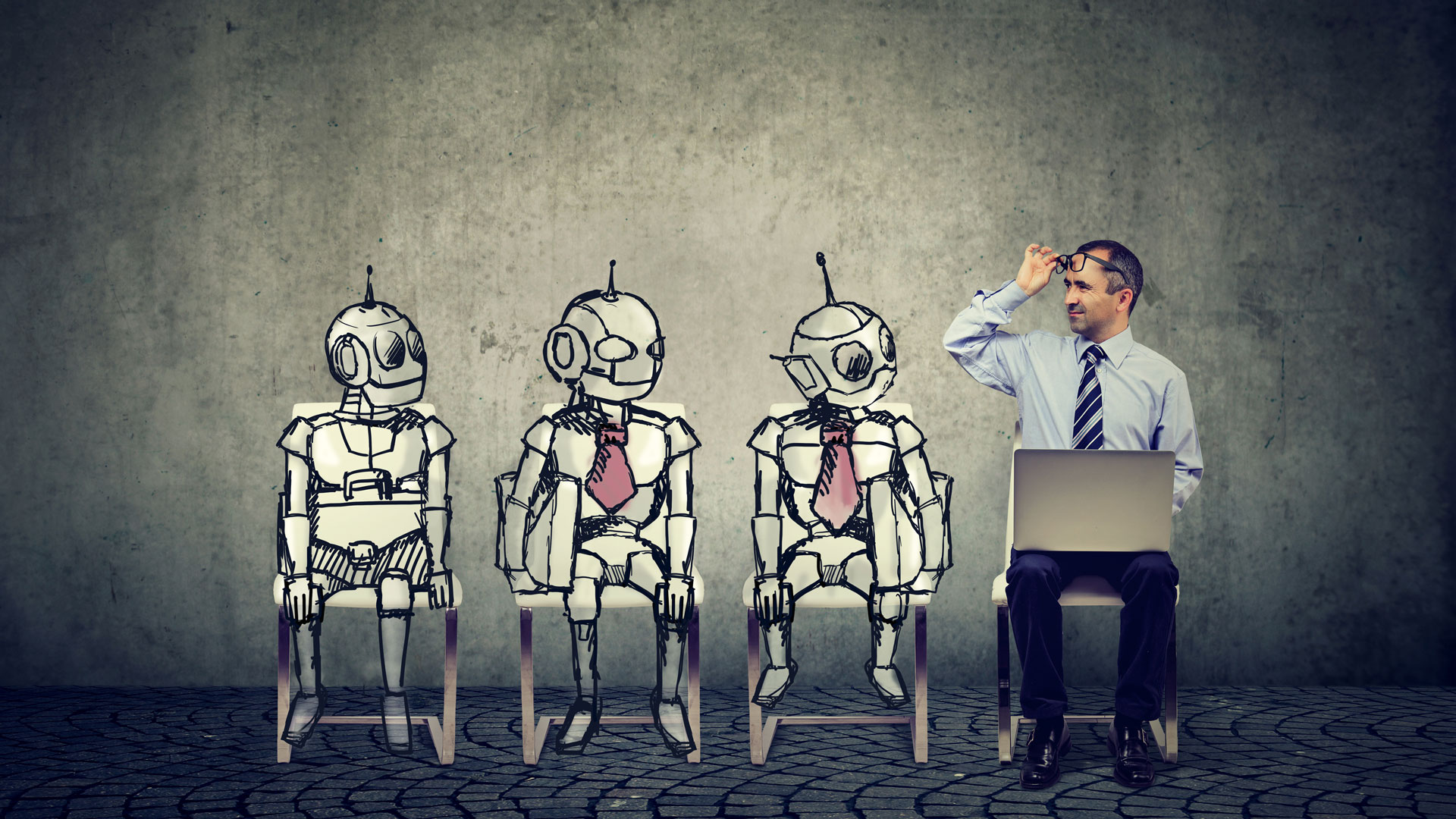Isobelle Grace Keith offers her thoughts on the growth of artificial intelligence and encourages us to develop our human skills
There’s no denying it, large language models (LLM’s) such as Chat GPT are the topic on everybody’s lips, and LinkedIn accounts.
At a World Economic Forum Annual Meeting earlier this year, Satya Nadella, CEO of Microsoft, said that a golden age of AI is under way and will redefine work as we know it.
But if you think this is just hyperbole you’d better think again. In a recent white paper, the UK Government set out a pro-innovation approach to AI regulation. In it they recognise that AI has extraordinary potential to transform our society and economy and could have as much impact as electricity or the internet. The vision set out in the white paper is an ‘AI enabled UK’, building on the country’s current position as fourth in the world for AI capacity.
But what does this mean for learning and skills development in our organisations?
According to Mo Gawdat, former chief business officer of Google X and author of ‘Scary Smart’, LLM’s such as Chat GPT currently have an IQ only slightly lower than that of Albert Einstein and higher than most of the general population.
AI has extraordinary potential to transform our society and economy and could have as much impact as electricity or the internet
Having access to AI driven LLM’s is a bit like having someone in your team who’s swallowed the internet. But do we select people into our organisations solely based on intelligence or IQ? Obviously not, because we know that human skills, behaviours, and attitude are of equal, if not more, importance. The most frequently quoted complaint about managers universally is that they are often promoted due to technical ability and don’t always have the leadership skills to excite people to greater levels of performance.
There’s no doubt that large language models can do some pretty useful things for us at work. This includes idea generation, coding, improving writing and summarising documents. Notwithstanding a few ‘hallucinations’, they are powerful productivity tools that can complement our ways of working.
But as Noam Chomsky argues in a recent article on the ‘False Promise of Chat GPT’, the dawn of the day where mechanical minds surpass human brains in terms of intellectual insight, artistic creativity and every other human faculty is not yet breaking.
So, until then, let’s double down on those skills that make us uniquely human, such as critical thinking, curiosity, collaboration, and leadership. These are what will set individuals and organisations apart, as we grapple with the ever-increasing rise of AI and how to mesh the best bits of human and machine.
Isobelle Grace Keith is a talent, learning and development professional and can be contacted on LinkedIn




